Inside: Here are 14 reasons why you don’t want your kids consuming large amounts of sugar. It will affect more than their health—it will affect their abilities to learn and think as well!
Negative Effects of Sugar
This blog is part of my “Tidbits of Wisdom for Parents” series. If you want to watch the video: Click here to watch.
I know the dangers of sugar—having taken 31 classes in nutrition and studied the chemical structure of sugar.
However—has knowing the negative effects of sugar stopped any of us from consuming those amazingly sweet crystals in one form or another? Not!
Negative Effects of Sugar: 4 Points to Consider
When you consider the following, you can see why sugar’s such a difficult addiction to kick:
- Sugar is 8x more addictive than cocaine.
- The average American consumes 50+ pounds of hidden sugar every year.
- Many manufacturers tell us that sugar is made from a “natural” source (sugar cane and sugar beet) so we think it’s okay. But, so are heroin and opium made from “natural” sources. And all of these “natural” things are processed into something dangerous to our health.
We may think we are abstaining from sugar, but the truth is, we have no idea how many things we eat that contain hidden sugars. It becomes more challenging to curb our kids’ sugar intake because just about everything we pick up at the grocery store from spaghetti sauce to plain yogurt—contains a certain amount of refined sugar.
#1: Different Kinds of Sugar
Here’s a breakdown of the different kinds of sugar and their sources:
- Fructose is fruit sugar and is found in fruit
- Maltose is malt sugar and is found in germinating grains. You will find it in malted milkshakes and malted candy.
- Lactose is milk sugar and is found in milk
- Dextrose is made synthetically from starch and is called “corn sugar.”
- Sucrose is refined sugar or table sugar made from sugar cane and sugar beet (and almost all sugar beets are genetically modified which makes the sugar even more dangerous).
Last is glucose. It’s a sugar found in fruits and vegetables and is usually present with other sugars. It is the key material found in the metabolism of all plants and animals. Most of what we eat gets converted to glucose in our bloodstream. Because glucose is always present in our bloodstream it is often referred to as blood sugar.
#2: Glucose vs. Sucrose
The sugar-pushing manufacturers have touted that since our food is changed to glucose in our bodies, then it’s alright to consume refined sugar (sucrose). Nothing could be further from the truth.
Glucose and sucrose have totally different chemical structures and both enter and affect the body in profoundly different ways. Glucose sustains our lives; sucrose slowly poisons us by degrees.
Have you met someone who is hypoglycemic or what is referred to as low blood sugar? Don’t let them fool you into thinking they hardly eat any refined sugar. They are actually sugar addicts—the large amounts of sugar they eat suppress glucose in their bodies. If they stopped bingeing on sugar their blood sugar or glucose would return to normal.
#3: How Sucrose or Table Sugar Enters Our Body
Sucrose is refined sugar—that white stuff we consume every day—and is not digested in the mouth or the stomach but passes directly and very quickly into the lower intestines and to the bloodstream. From there the negative effects of sugar begins creating havoc on every organ of our bodies.
#4: Genetically Modified Sugar: High Fructose Corn Sugar
Unfortunately, most sugar today is made from genetically modified sugar beets. They grow from seeds made in a lab and are not from actual heirloom sugar beet seeds. This “fake” sugar beet is processed to death with the result being: high fructose corn syrup (HFCS).
It is a uber sugar and the worst kind of sugar you can consume (think sodas and candy bars). Because of how it is processed, the body does not recognize HFCS as sugar, but rather as a fat. The liver tells the body to store it–most likely on your hips!
Negative Effects of Sugar: 10 Reasons Kids Should NOT Eat Sugar
Here are some reasons why you do not want your kids to eat large amounts of sugar. When talking about sugar, I’m referring to sucrose or refined sugar.
Some of these points are taken from Lick the Sugar Habit by Nancy Appleton, Ph.D., and Sugar Blues by William Duffy and from my many nutrition classes. Other items on the list are from a variety of medical journals and scientific publications. All address the metabolic consequences of sugar and how it can affect your child’s health.
#1: Suppresses Your Child’s Immune System
Sugar can suppress your child’s immune system and impair its defenses against infectious disease. This means that your child can be susceptible to all kinds of illnesses, colds, flu, etc.
Suggestion
We all want our kids to be healthy and well—so curb their sugar intake. Replace those sugary snacks with fruit such as blueberries (builds the brain), bananas (helps with stress), or raw honey on a slice of Ezekiel bread. Keep in mind that honey is sugar but it is real food and is loaded with important immune-building nutrients.
#2: Sugar Causes Hyperactivity in Kids and Lowers Concentration Levels
Sugar can cause a rapid rise of adrenaline in children which in turn will cause a child to experience hyperactivity, anxiety, difficulty concentrating, and crankiness.
Suggestion
Ask yourself: “What foods am I serving my kids for breakfast and what am I putting in their lunchboxes?” Dump the sugary cereals for breakfast and fast food for lunch. Give your children an egg for breakfast—the choline increases brainpower. Pack a banana in their lunch—they help kids concentrate and stay alert throughout the day because of the potassium.
#3: Sugar Weakens Eyesight
If your kids are consuming a lot of sugar it will increase their blood sugar and cause the lens of the eye to swell which will change their ability to see. Once your child is off sugar or at least not consuming large amounts of sugar, their eyesight can return to normal.
Suggestion:
If you want your child to have strong eyesight, eliminate the sugar, and have them eat foods containing lutein and zeaxanthin such as broccoli, avocadoes, eggs, and carrots. Oils such as cod liver oil are fabulous for improving eyesight. And no, cod liver oil (lemon flavor) does not taste bad.
#4: Sugar Can Cause Stomachaches, Indigestion, and Acidic Digestive Tract
Do your kids get frequent stomachaches? Indigestion or stomach acid? Do they eat a lot of foods containing sugar such as sodas, candy, or cookies?
Sugar can cause many problems with the gastrointestinal tract including an acidic digestive tract, indigestion, and mal-absorption which is not absorbing important vitamins and minerals. This can disrupt how your kids feel at school and their ability to learn, understand, and absorb information.
Suggestion:
If your child suffers from frequent stomachaches or indigestion, dump the sugary snacks from their diets and add these calming stomach foods to their diets: bananas, brown rice, sweet potatoes, yogurt, or oatmeal.
#5: Sugar is Linked to Increased Asthma in Kids and Teens
Researchers have found that the culprit behind an increase in asthma in kids and teens is linked to sugar intake. Sonja Kiertein, Ph.D., of the Nestle Research Center in Switzerland, found that a heavy diet of sugar causes the immune system of the airways to allergic inflammation. This inflammation can cause the narrowing of the airways and mucus production resulting in asthma symptoms, wheezing and shortness of breath.
Suggestion
If your child suffers from asthma, analyze his/her diet and see if sugar is the problem. If so, exchange the sugary sweets for fruits such as blueberries, strawberries, or kiwi.
#6: Sugar Can Cause Diabetes in Young People
When kids eat too much sugar it can cause a decrease in their insulin sensitivity causing abnormally high insulin levels and eventually diabetes. Research indicates that diabetes is on the rise in teenagers under the age of 20 in the United States. It is a horrible disease and can damage their blood vessels, kidneys, nerves, and eyes. It is one of the most debilitating negative effects of sugar on young people.
Suggestion
Parents, do you drink sodas? Eat sugary snacks? Eat most of your meals at fast food places and restaurants? Or do you cook your meals at home with your kids and eat plenty of healthy grains, fruits, veggies, and water? Instead of sugary snacks do your kids see you choose healthy snacks such as nuts, plain yogurt, or cheese? Show your kids the way to health and wellness. Be their guide and example!
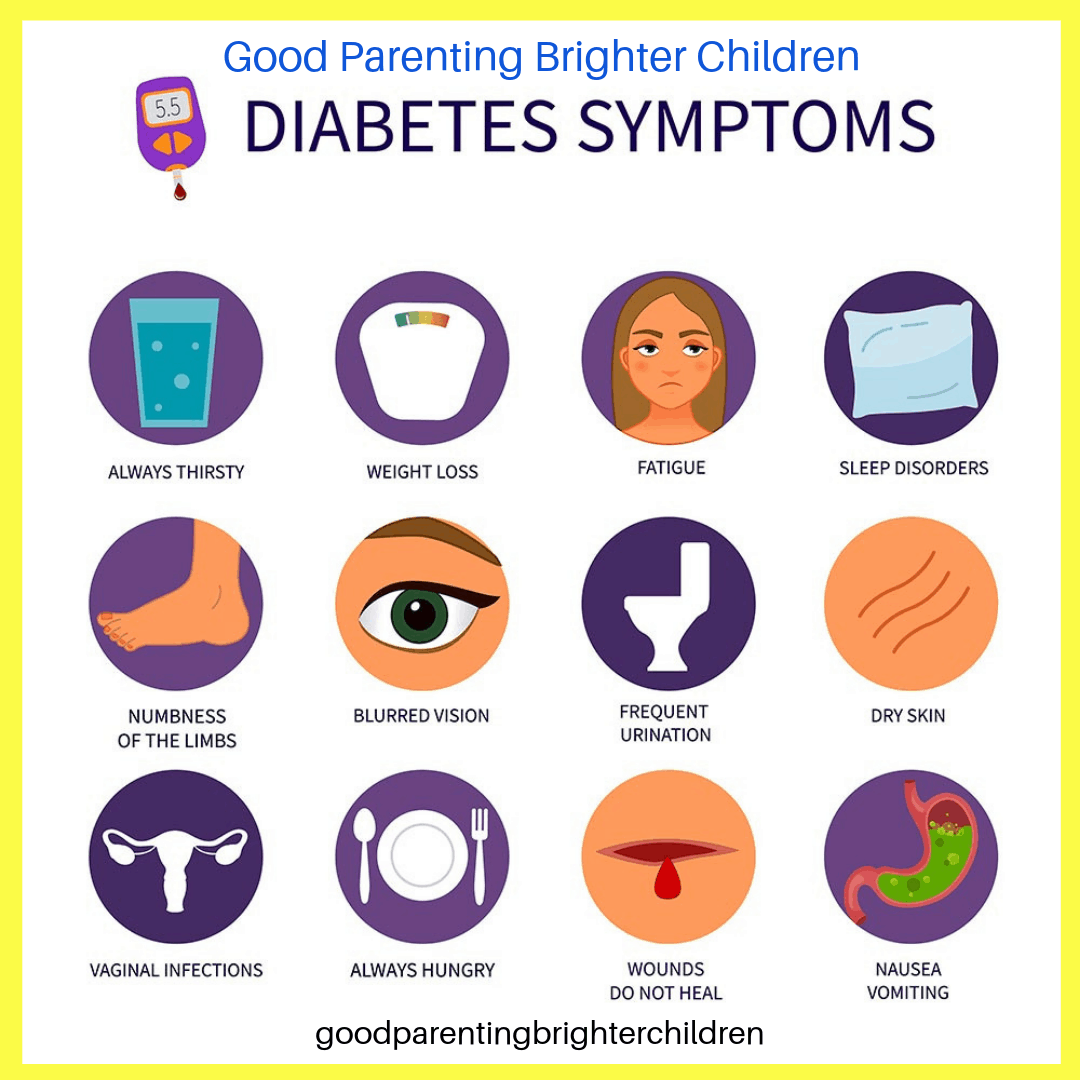
Diabetes is increasing amongst teens and even children. The cure? Eliminate sugar from the diet! Especially sodas and candy.
#7: Sugar Can be Related to Food Allergies in Children
Many children and adults suffer from allergies caused by a host of things. However, a serious allergy mixed in with sugar-containing foods can be a serious problem and even lead to anaphylaxis which is a severe allergic reaction and can be fatal. Yes, kids can be allergic to sugar and have sugar allergies.
Suggestion
This type of situation is most likely a rare occurrence but is something to be aware of. If you have a child who is susceptible to allergies, make certain you are carefully watching his/her diet. Make it as sugar-free as possible.
#8: Sugar Can Contribute to Eczema in Children
Eczema is an inflammatory skin condition that can affect children under the age of two or older children. Doctors caution parents to watch their child’s intake of foods high in sugar such as processed foods and fast foods because foods high in sugar can trigger eczema flare-ups. Why? Because sugar causes insulin levels to spike which results in inflammation.
One note: my granddaughter broke out in eczema when she was a year old. Her parents had her on a healthy diet that included little sugar. My nutrition classes indicated that many children with eczema have it because of low vitamin A levels. I suggested to my son to give her 1 teaspoon of cod liver oil (lemon flavor) each day. Their pediatric dermatologist told them to add 1 tablespoon of raw apple cider vinegar each day. The combination did the trick–eczema-free!
The point is–I’m not sure that every child that has eczema is overloaded on sugar.
Suggestion
If your child suffers from eczema, eliminate as much sugar from their diets as possible. And if you can get your child to actually take 1 tablespoon of raw apple cider vinegar–do that. However, I think it’s easier to give them 1 teaspoon of lemon flavor cod liver oil
#9: Sugar is the #1 Enemy of Your Child’s Bowel Movements
Another negative effect of sugar is diarrhea in children. Some sugars stimulate the gut which pulls out water and electrolytes and loosens bowel movements. Interestingly, the main kind of sugar that will do this is fructose—the sugar found in fruit. According to gastroenterologist, Dr. Norton Greenberger of Harvard Medical School, “Seventy-five percent of people [or children] who ingest more than 40 to 80 grams of fructose per day will get diarrhea.”
However, artificial sweeteners such as sorbitol or xylitol can also be the diarrhea culprit in children.
Suggestion
Even though fruit is wonderful and is filled with important vitamins, minerals, and phytochemicals, too much is also a problem.
Although fructose is safer than sucrose, both consumed in large amounts create problems in our bloodstream. Steve Jobs was a fruitarian and it is believed that his enormous consumption of fruits led to his pancreatic cancer.
Keep in mind what Shakespeare said, “moderation in all things…”
#10: Sugar can cause learning disabilities in teens
Research has found that teens who eat diets high in refined sugar and saturated fat can damage areas of their brains, specifically the hippocampus area, which is responsible for memory and learning. Refined sugar and junk food can damage this and other areas of the brain which leads to poor cognitive function.
Teenage rats that drank sugary beverages had difficulty remembering locations. Their spatial areas of the brain were negatively affected.
Suggestion
Teens do not usually listen to their parents—they listen to their peers. You can change that if you start early and build a strong relationship with them. By the time they are teens and if you have created a bond–they WILL listen to you. Let them know the dangers of drinking sugary sodas, candy, or other sweets. Most importantly, help them understand that sugar will affect their ability to learn.
Books to Help Curb & Eliminate Sugar
Here are some books–cookbooks and read-aloud books to help as your change your family’s sugar habits.
- Raising Sugar-Free Children by Michelle Rogers
- Beat Sugar Addiction Now! For Kids by Jacob Teitelbaum, MD
- Sugar-Free Kids by Maria Emmerich
- I Quit Sugar Kids’ Cookbook by Sarah Wilson
- Diabetes Snacks, Treats & Easy Eats for Kids by Barbara Grunes
- The Berenstain Bears Visit the Dentist by Stan & Jan Berenstain
3 Ways to Curb the Sugar Bug
#1: Your children and teens need to see that a healthy diet is important in your family and that parents are willing to lead by example. Start early by teaching your kids about foods that build the brain and foods that impair brain function. Begin with sugar—eliminate it as much as possible and substitute with healthy veggies, almonds, fruits, etc.
#2: Take these 14 ideas and share them with your children and teens. Together, come up with a plan of how you can get rid of the excess sugar in your diet. Instead of drinking sodas every day, decide you will only drink ONE soda per week. Eliminate candy bars and sugary snacks in favor of healthy snacks such as cheese or nuts.
#3: Read my other blogs about healthy snacks, bananas, cucumbers, eggs, water, healthy fats, honey, veggies and substitute these foods when your children want something sweet. Get your children involved in my “Healthy Smart Kids in the Kitchen” series. All of the recipes are delicious, fun for kids to make, and are healthy.
#4: Parents–be an example in everything you eat–both at home and when dining out.
As you rid your diets of sugar, you will see how everyone’s thinking and ability to learn will increase. You will also see a difference in everyone’s moods, emotions, energy, and outlook on life.
How do you curb sugar intake in your house? Please comment in the section below.
Want to remember this post? Post, “14 Negative Effects of Sugar on Kids and How to Avoid It,” to your favorite Pinterest Board!
FAQ’s
What are the negative effects of sugar?
Too many to count! Sugar is 8x more addictive than cocaine. Sugar plays havoc on every organ of your body. It causes hyperactivity in children; stomachaches, indigestion, diabetes and more. The average American consumes 50 plus pounds of hidden sugar every year. Manufacturers tell us that sugar is made from a natural source (sugar cane and sugar beet) so we think it’s okay. But so is heroin and opium made from natural sources and all these things are processed into something dangerous to our health.
What are the disadvantages of sugar?
Sucrose is refined sugar–that white stuff we consume every day–and is not digested in the mouth or the stomach but passes directly and quickly into the lower intestines and to the bloodstream. From there the negative effects of sugar begins creating havoc on every organ of our bodies.
What sugar does to your body?
Sugar suppresses the immune system; causes hyperactivity in children; lowers concentration levels; weakens eyesight; causes stomachaches and indigestion, is linked to increased asthma in kids and teens and is the culprit behind diabetes. It’s also related to food allergies and more.
Why sugar is not good for you?
Refined sugar is dangerous to your health. More addictive than cocaine, it plays havoc on every organ of your body. It causes hyperactivity in kids, lowers concentration levels, contributes to eczema flair-ups, and is the #1 enemy of your bowel movements. It can also cause learning disabilities in teens.
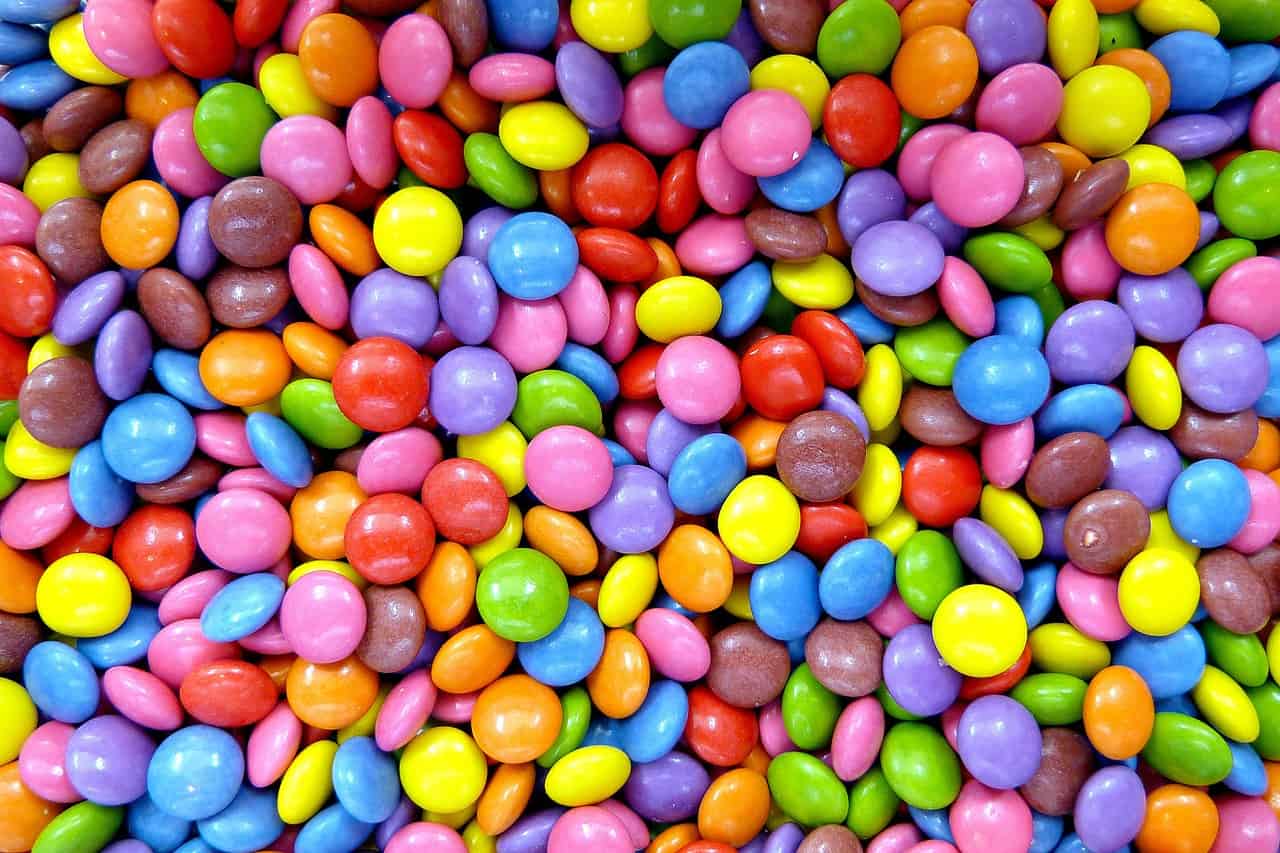
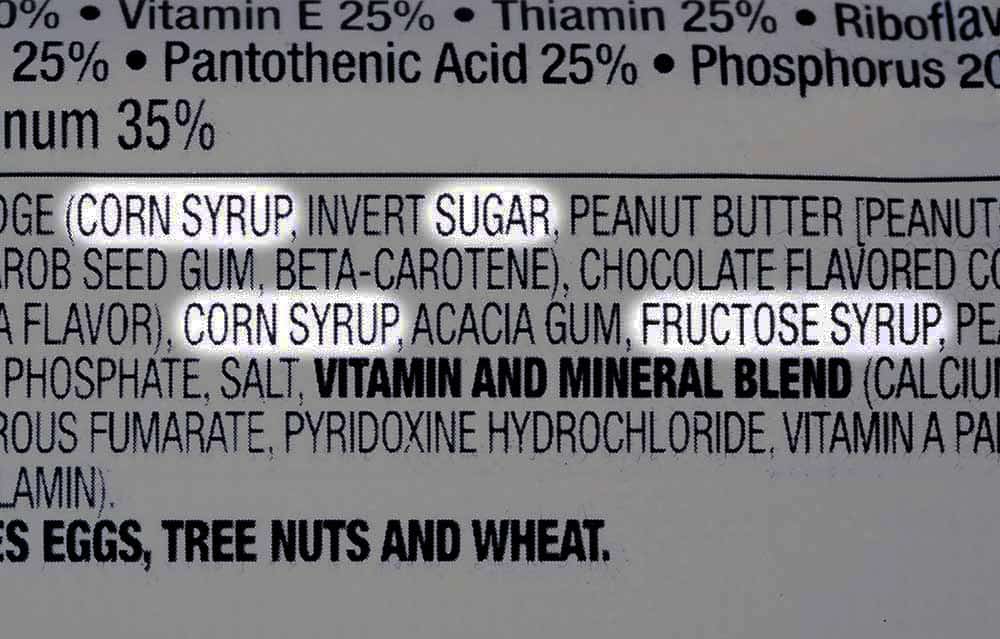

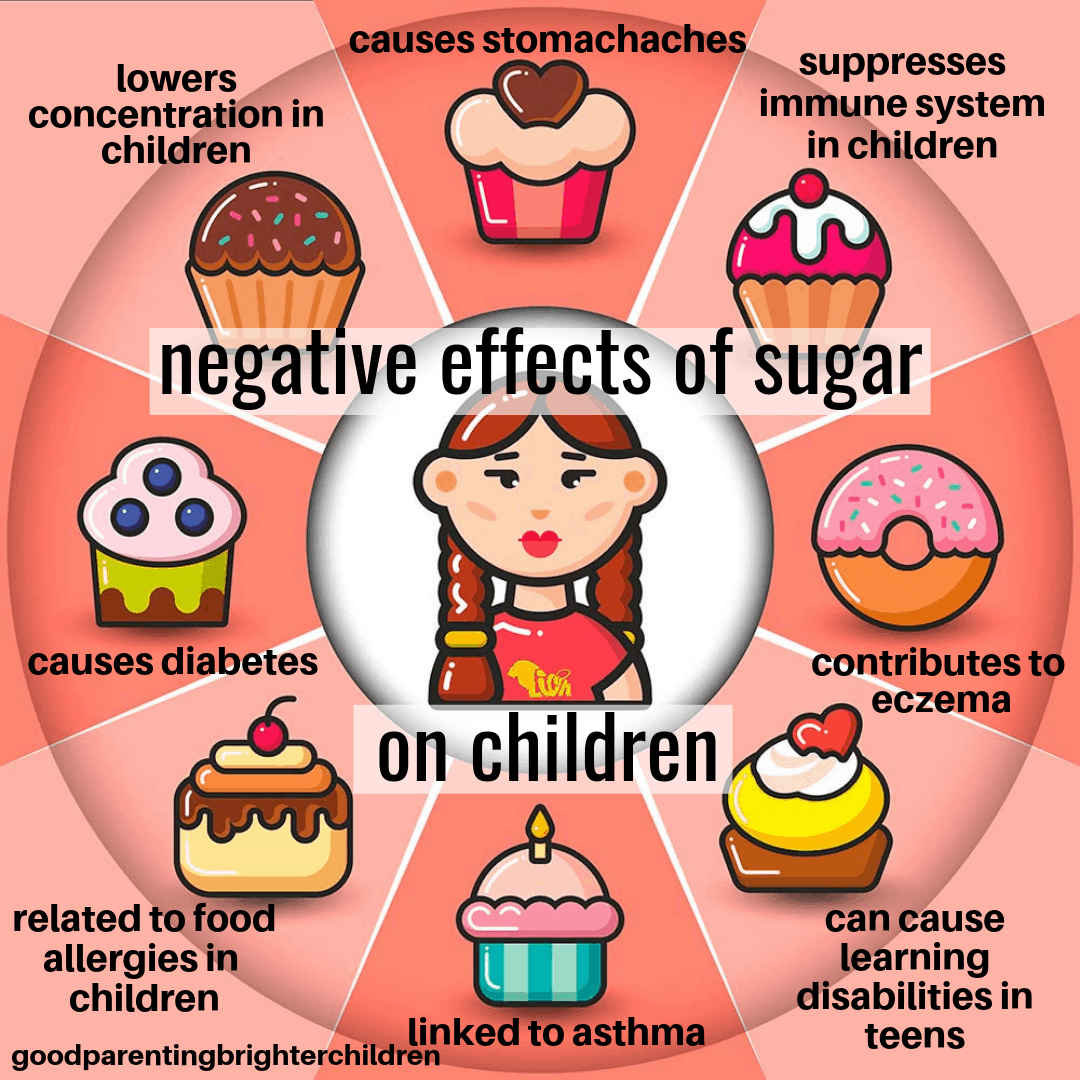



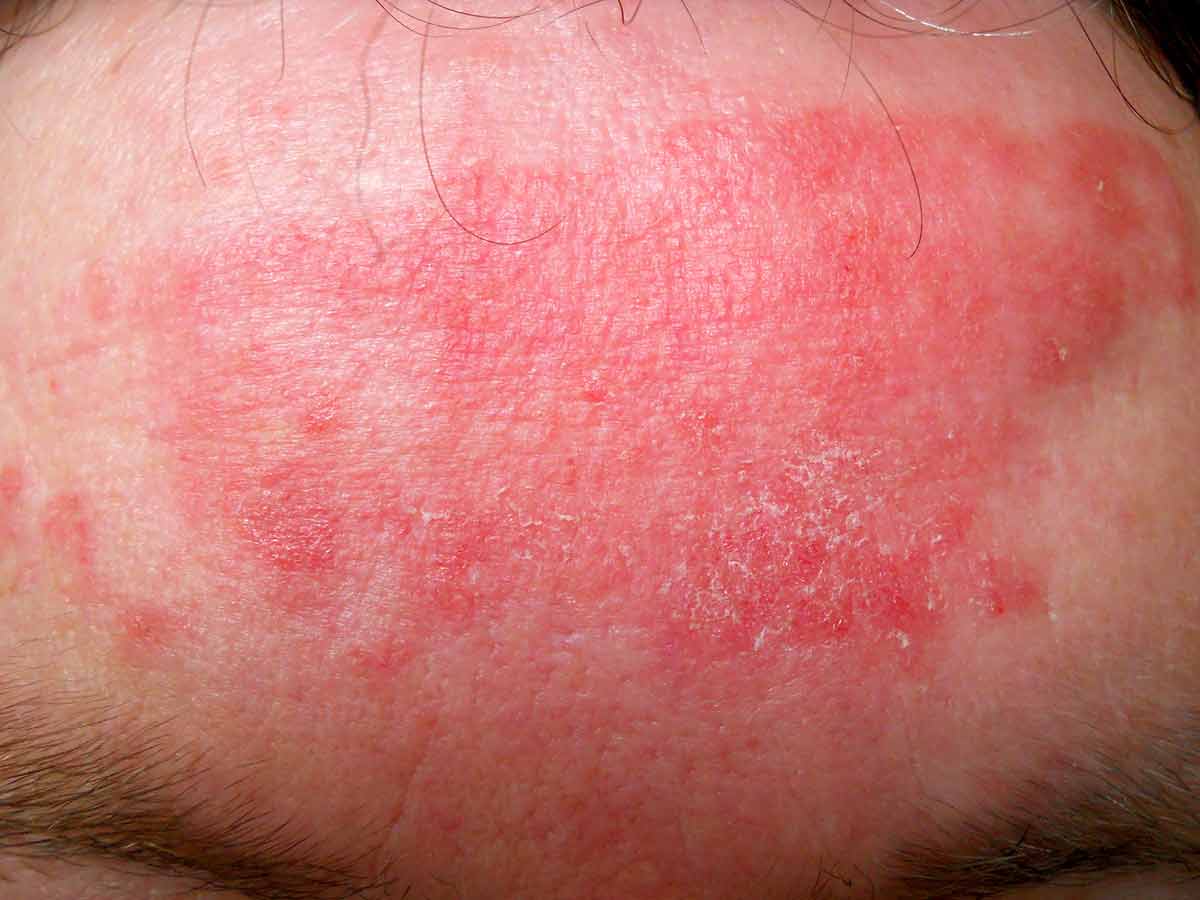
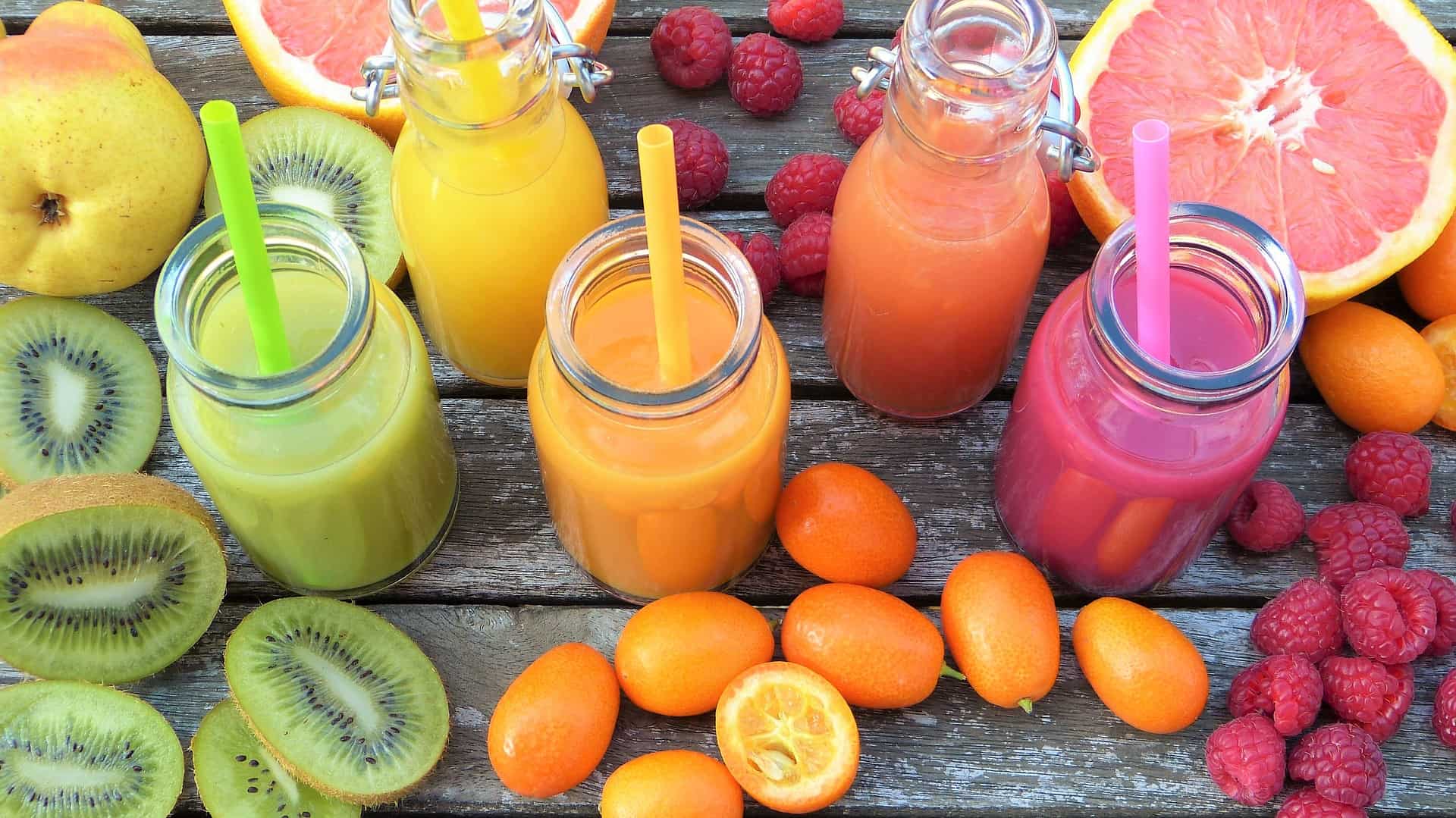
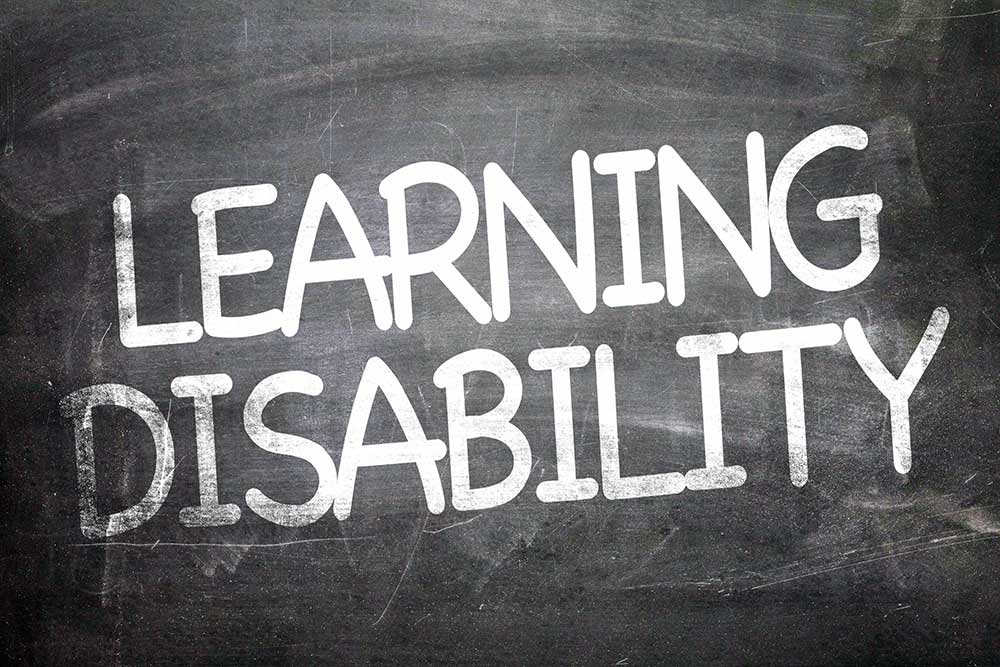


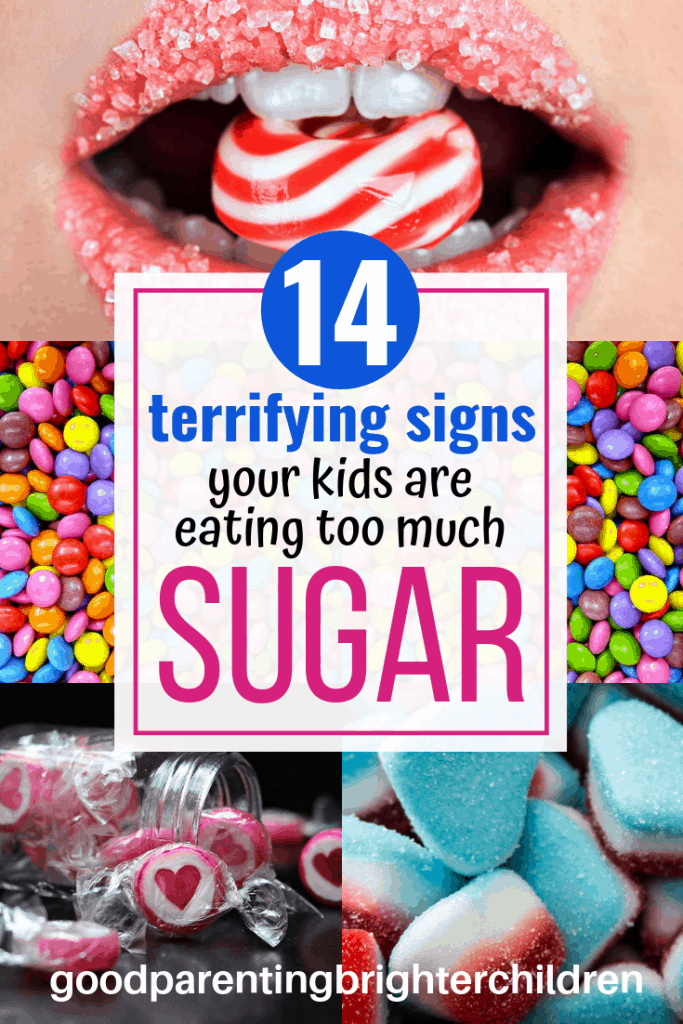

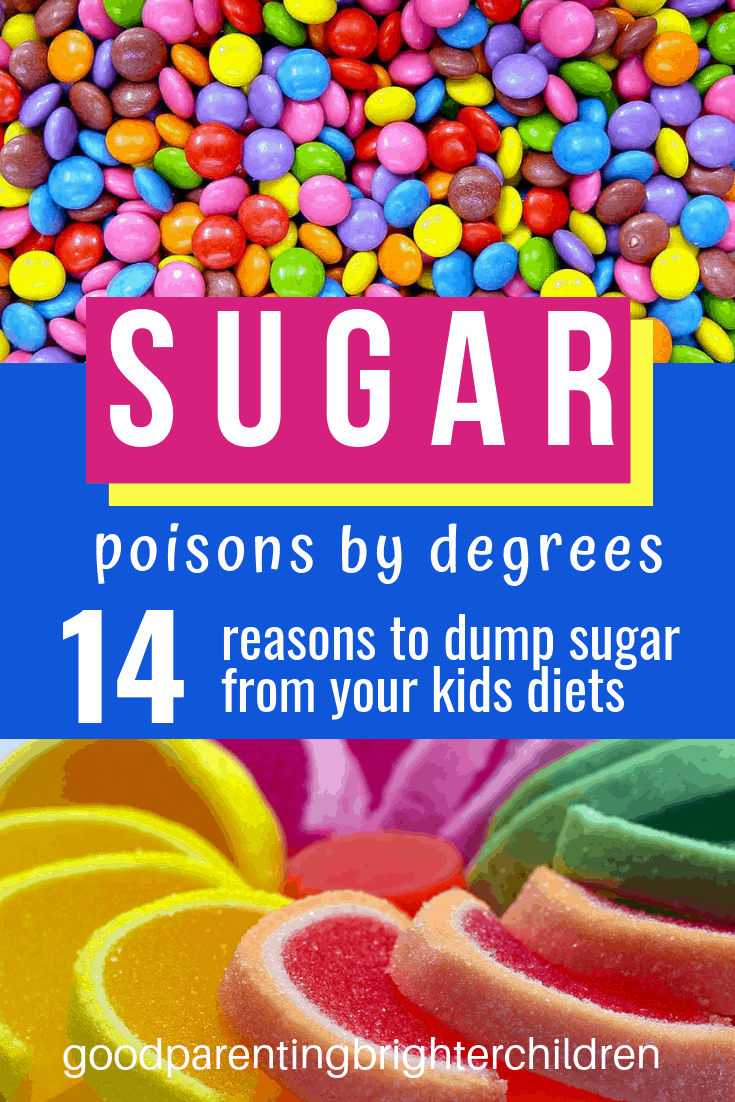


Great article, very informative. However, the simple truth is that there is no dietary need for any type of sugar. The brain is the only organ that needs glucose to function. This glucose can be synthesized by the body from both protein and fat. Protein and fat are both essential to life. Sugar/Carbs are not. I have struggled with my weight my whole life, have a cert in nutrition and have studied nutrition for over a decade.
Thank you, Jeremy for your informative comments. Like you, I have 3 certifications in nutrition and have studied it for 20 years and took 31 classes in nutrition–studying both western and eastern approaches to nutrition. And like you, I’ve struggled with weight loss my entire life (was diagnosed with thyroid issues at age 15). As I’m sure you are aware–nutrition is a very controversial topic–and new research causes it to change from day-to-day. It’s a never-ending topic to study! Thanks again for your insights and information! Appreciate it!
Nutrition is ‘controversial’ because most everyone has a vested interest. The only interest I have is the truth. And the clear plain truth is that sugar is not needed by the body.
Thanks for the article. It was exactly what i was looking for. I always noticed my kid would run around a lot more after some sugar went in, but lately i noticed his concentration affected as well. I decided to get my doubts cleared today and that is how i landed on your blog. Again thank you for the information.
I’m glad it helped you! It’s hard to realize just how much sugar affects children–even adults! The interesting thing is that when researchers conduct research on sugar, they test both sugar cane and processed sugar. Kids & adults do not react to sugar cane–just the processed stuff!
My grandchildren have issues with sugar. My daughter doesn’t get that fruits especially oranges cause issues with them. She claims it’s only fruit sugar. Also certain items are labeled by a different company than produced it and labeling company are claiming no added sugars so she thinks there’s no sugar.
It’s always tough to be the grandmother! I know–I’m a grandmother. Fruit sugar can be consumed in excess, too. Steve Jobs was a fruitarian and died of pancreatic cancer–some believed triggered by all the apple fruit he ate. But fruit is also high in vitamins and minerals and should be included in the diet–just not in excess. And yes, you are correct about labeling. You can contact the company and ask them if they did the labeling or if the labeling is outsourced. Thank you for your comments!
You know, whenever I give both of my kids sugar, I swear they become crazy and definitely run around with a burst of energy and bounce all over the place. What is very interesting is I just read an article that based on studies, there is no connection with sugar and hyperactivity in kids. Can you believe it?! Here is it, https://www.ez.insure/landing/2020/12/kids-hyperactivity-and-sugar/ . What do you think? I cannot believe it because I have seen it first hand with my kids!
I agree with you–and like you–I saw it with my 4 sons. Whenever they had sugar, they acted like animals that had escaped from the zoo. I do know there is controversy over sugar and hyperactivity, but when moms see it first-hand I tend to believe them over the research. Another thing–research only points to or indicates what the researcher is fairly certain of. It’s not an exact science–that’s why research is replicated over and over to see if the scientist or educator has the same results. I’ll take a look at the article you read. I usually like to go to the exact study and see the perimeters. Thank you so much for sharing!
My wife and I have been discussing this post tonight. What does the research say about large amounts of sugar in a single serving? Say for example you have you your child a slurpee/frozen slushie once a year. It has a lot of sugar 12 teaspoons +. Will having a slurpee once a year for instance, do long term damage to the child. We are trying to determine appropriateness of treats. Thanks for the help
Having a slurpee once a year is not going to do damage to your child–it may make him/her hyper for a time afterward, but no long-term damage. A person gets more than 12 teaspoons every time they drink a soda. The information and research in this post are for people who consume large amounts of sugar each day–including hidden sugars. They may be drinking sodas each day, eating sugar cereals, juices, or even consuming things with large amounts of hidden sugars (yogurt). There is a natural sugar found in certain veggies–like carrots, but that kind of sugar enters the body differently than sucrose and does not play havoc on the child. Thanks for asking–and I’m impressed that you are watching your child’s intake of sugar so closely!
My daughter is obsessed with sugar and candy and sweets. The worst part if I feel like she bounces off the walls and is super hyper after eating some! I came across an article that says that there is no correlation between sugar and being hyper, https://www.ez.insure/landing/2020/12/kids-hyperactivity-and-sugar/. But I find that hard to find. What do you think?
There has been controversy over sugar and hyperactivity for years, so it’s hard to know what to believe. My pediatrician read the literature you are reading but saw first-hand how kids responded like your daughter when consuming too much sugar. She believed that it had a negative impact on children and resulted in hyperactivity–especially right after consuming sugar. I agree as well and I saw it with my own 5 sons–particularly with my third son. Try weaning your daughter from so many sweets by giving her sweet fruits like apples, oranges, or berries. It’s not an easy process; it will take time, but your efforts will be rewarded as your daughter becomes less hyper and more focused. Also, how much screen time do you give her? The combination of sweets and too much screen time will also produce unwanted hyperactivity.
Okay, the fact about Steve Jobs was one I never heard before! Wow, I can’t believe that overeating fruit could have potentially been the cause of his cancer. Sugar is just so addictive! It’s so terribly hard for me to break the habit once I start overeating it. You make a valid point that us parents lead by example. Such a great informative post and tons of action steps to follow.
I think sugar is horribly difficult to give up. I’m good for a few days and then slip back. Yes, it really is interesting about Steve Jobs and fruit. I”m sure you already know but apples were his favorite fruit–hence the name “Apple” for his company. And apples are loaded with sugar–fructose–and more healthy than sucrose, but still requires moderation and balance.
Thank you for citing the additional research. I’m familiar with Kiertein’s study on sugar and asthma–and there are others. It’s amazing that so much research shows the dangers of sugar yet, we continue to consume it in large quantities.